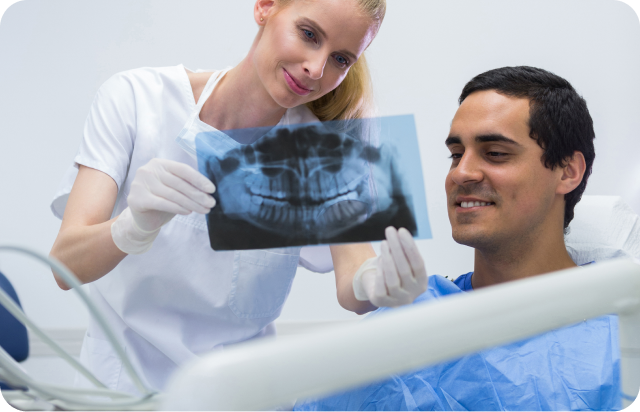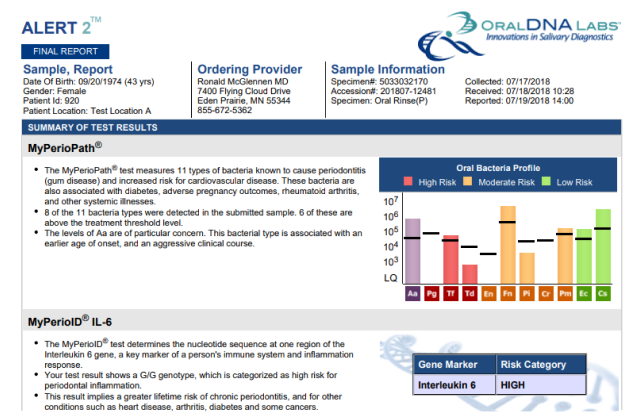What is Fusobacterium nucleatum?
Fusobacterium nucleatum is a Gram-negative anaerobic bacterium that is commonly found in the human oral cavity and gastrointestinal tract. It is a pathogenic bacterium associated with various oral and systemic diseases, including periodontal disease, colorectal cancer, and intra-abdominal infections.
Fusobacterium nucleatum is known for its ability to adhere to and invade host cells, which contributes to its pathogenicity. It can also form biofilms, which are complex communities of bacteria that are attached to surfaces and can be difficult to remove. F. nucleatum is considered a "bridge organism" that can facilitate the colonization and growth of other pathogenic bacteria in the oral cavity, contributing to the development of periodontal disease.
Several studies have suggested a potential association between Fusobacterium nucleatum and IBD. F. nucleatum has been found in higher abundance in the gut microbiota of patients with IBD compared to healthy individuals. It has been shown to have pro-inflammatory properties and can stimulate the production of inflammatory cytokines, which are molecules involved in the immune response, leading to increased inflammation in the gut.








